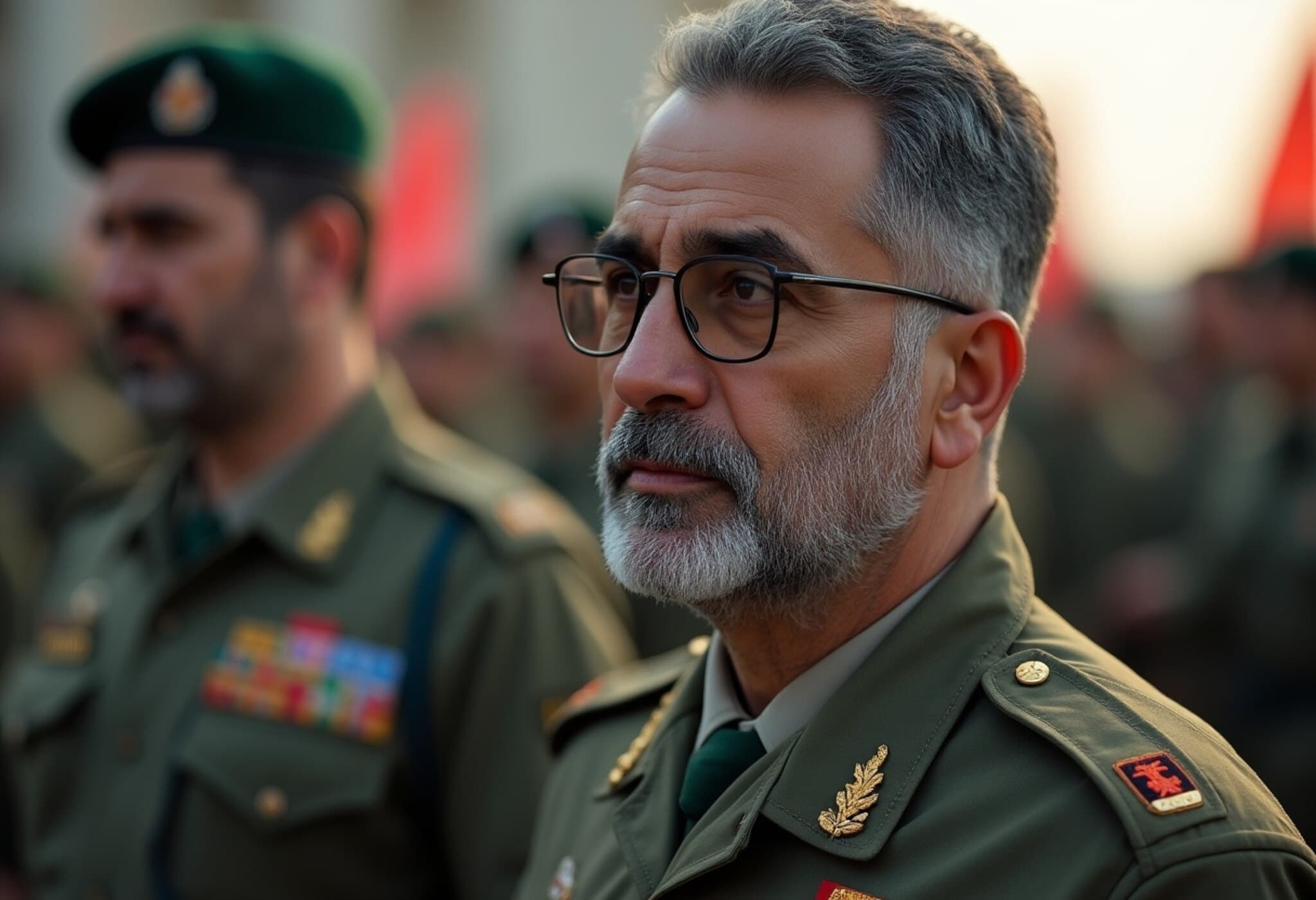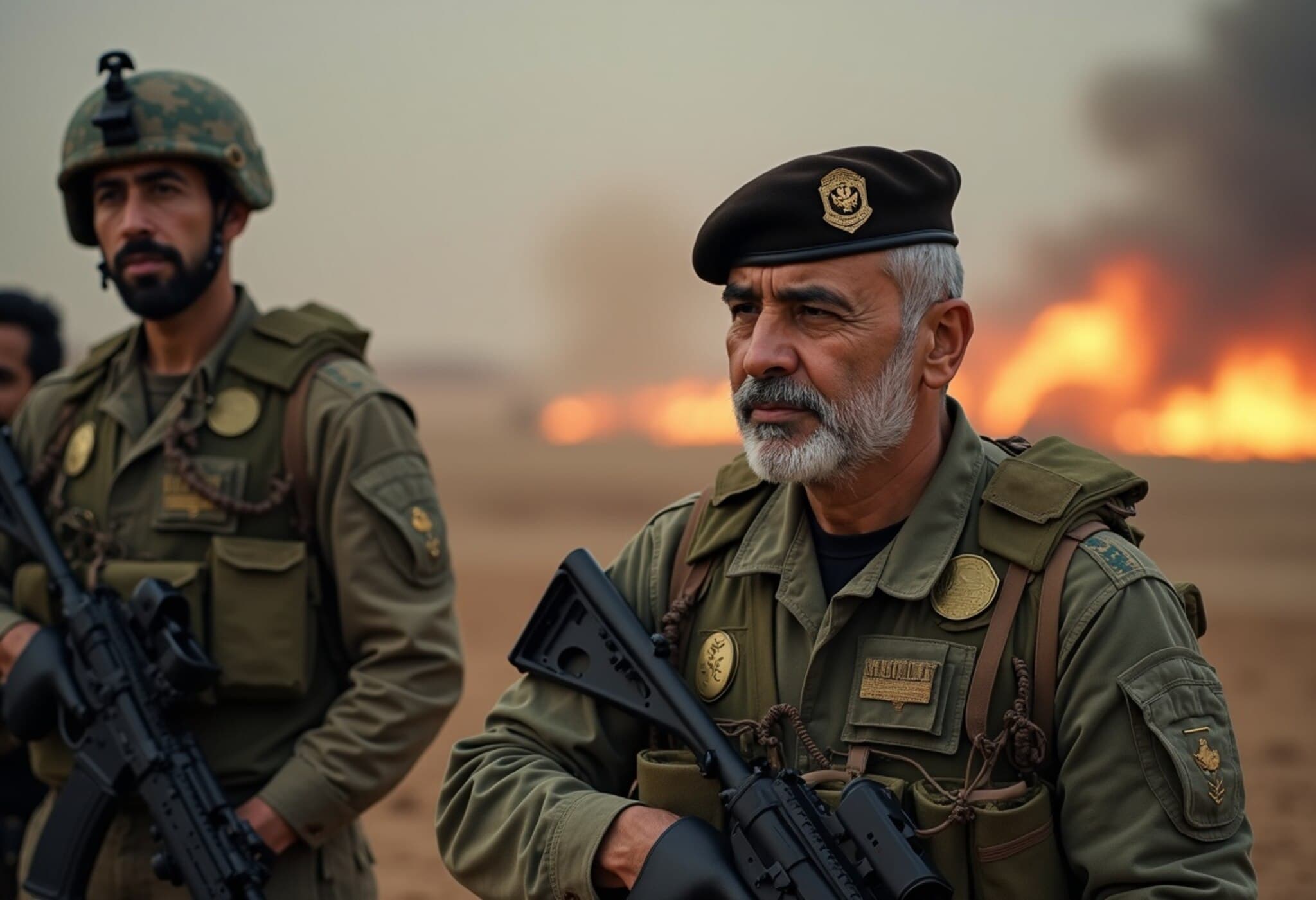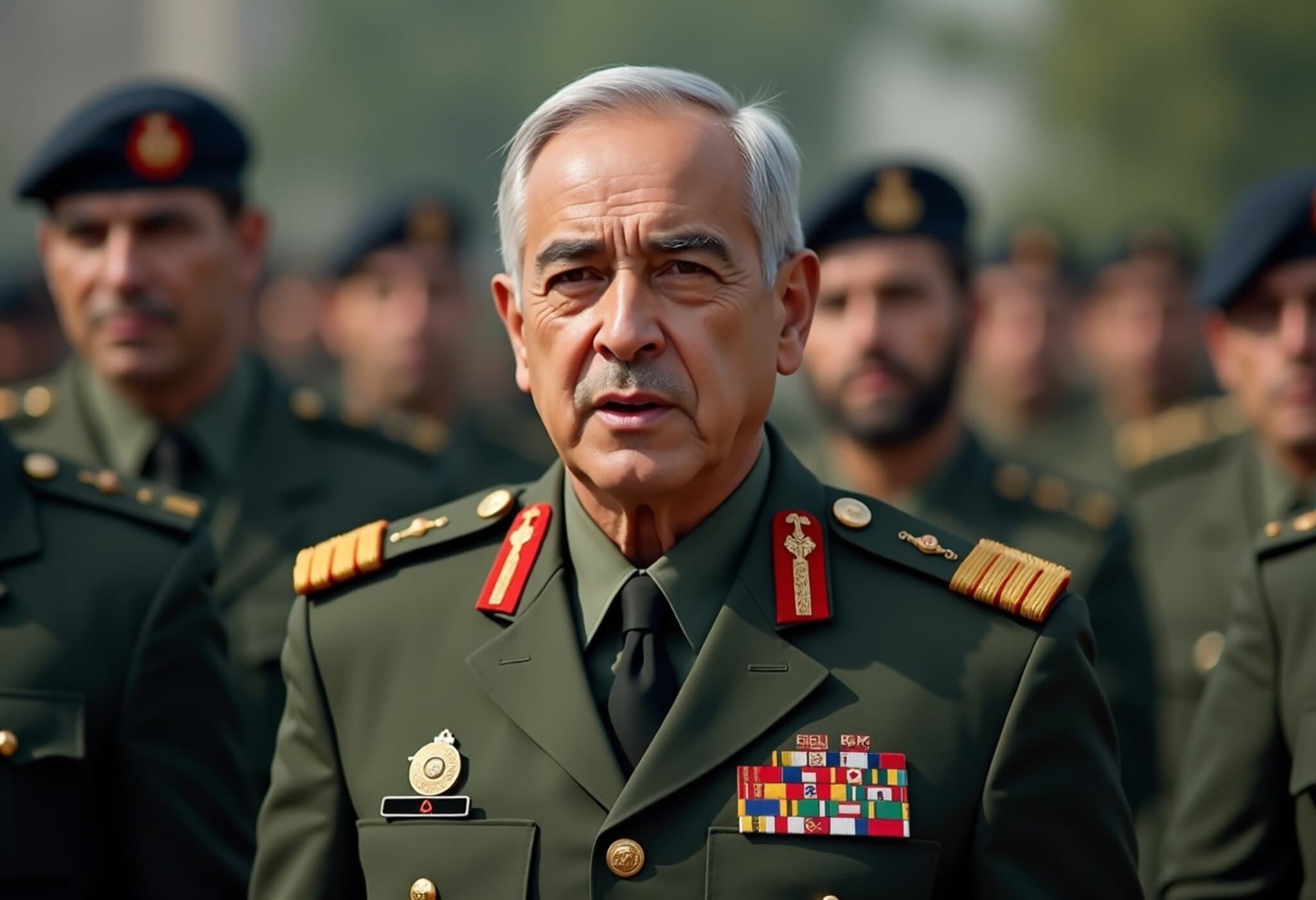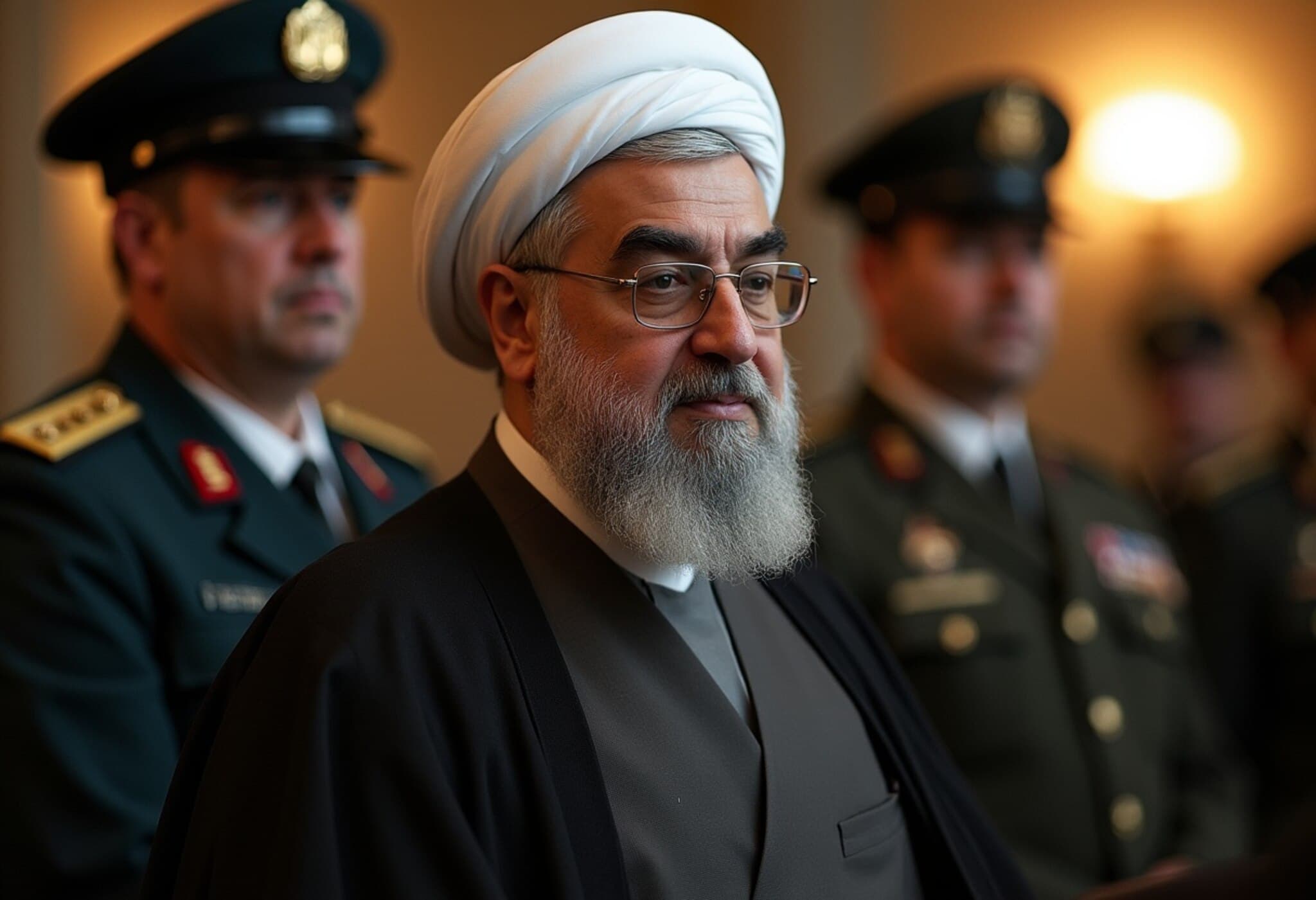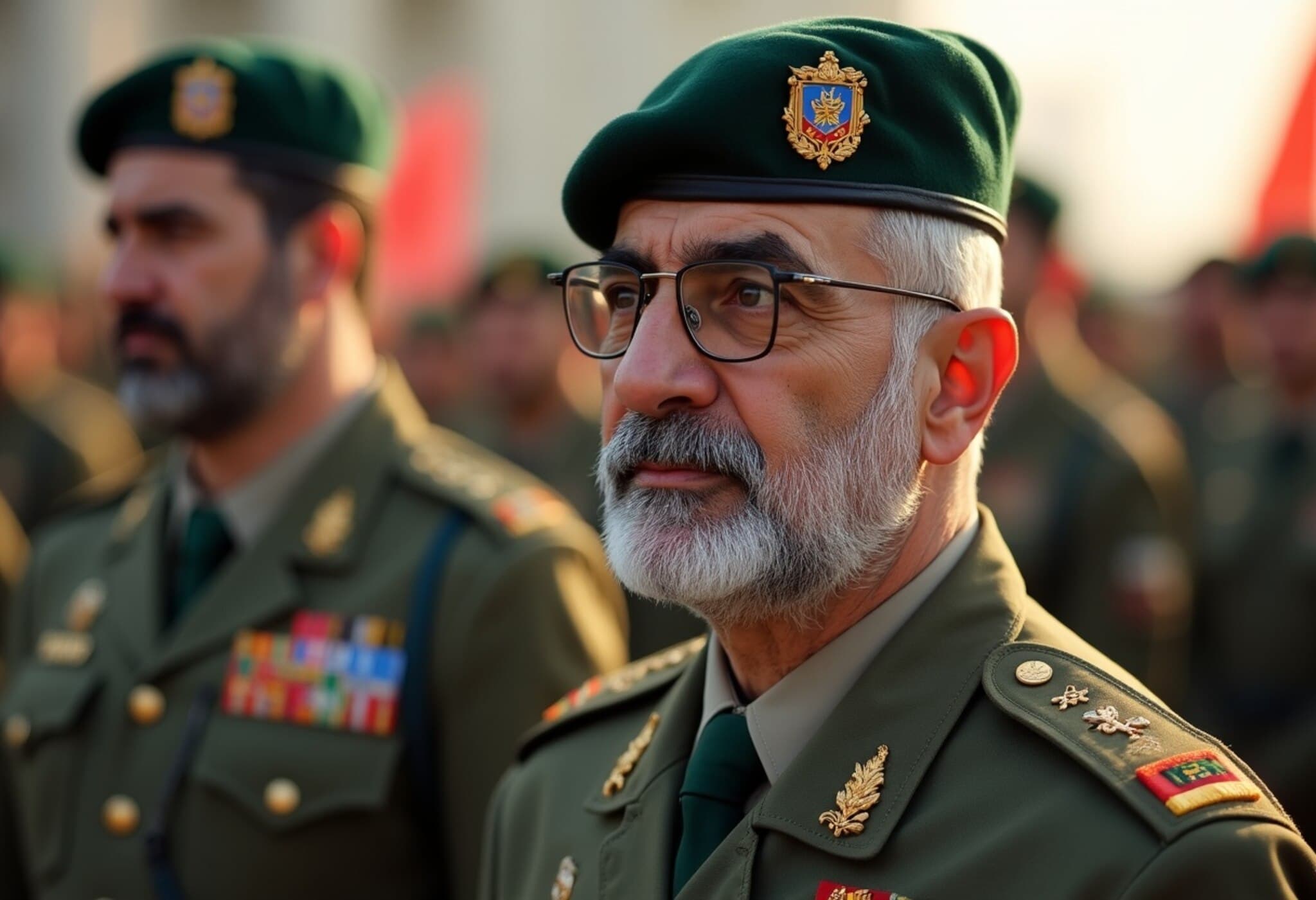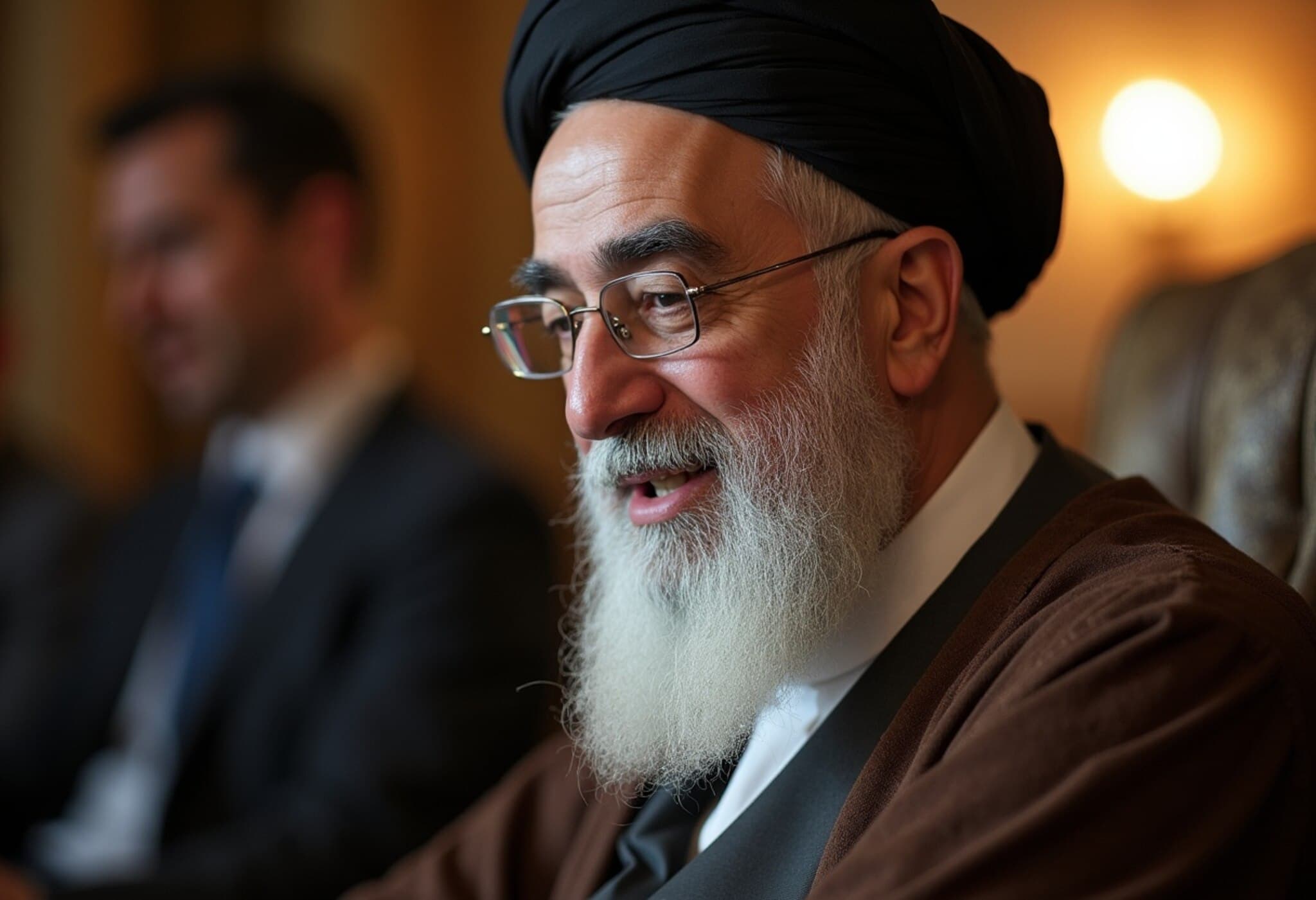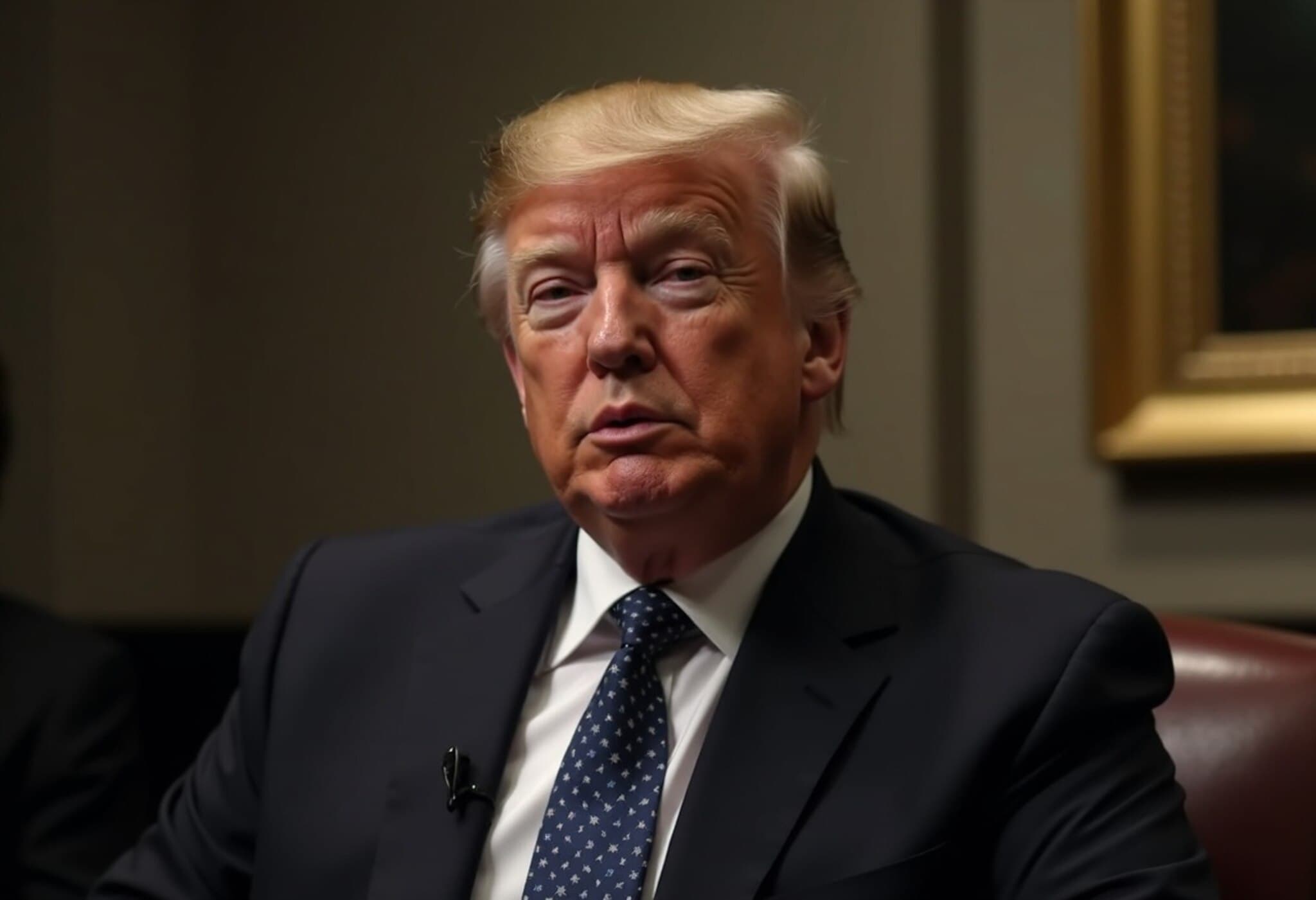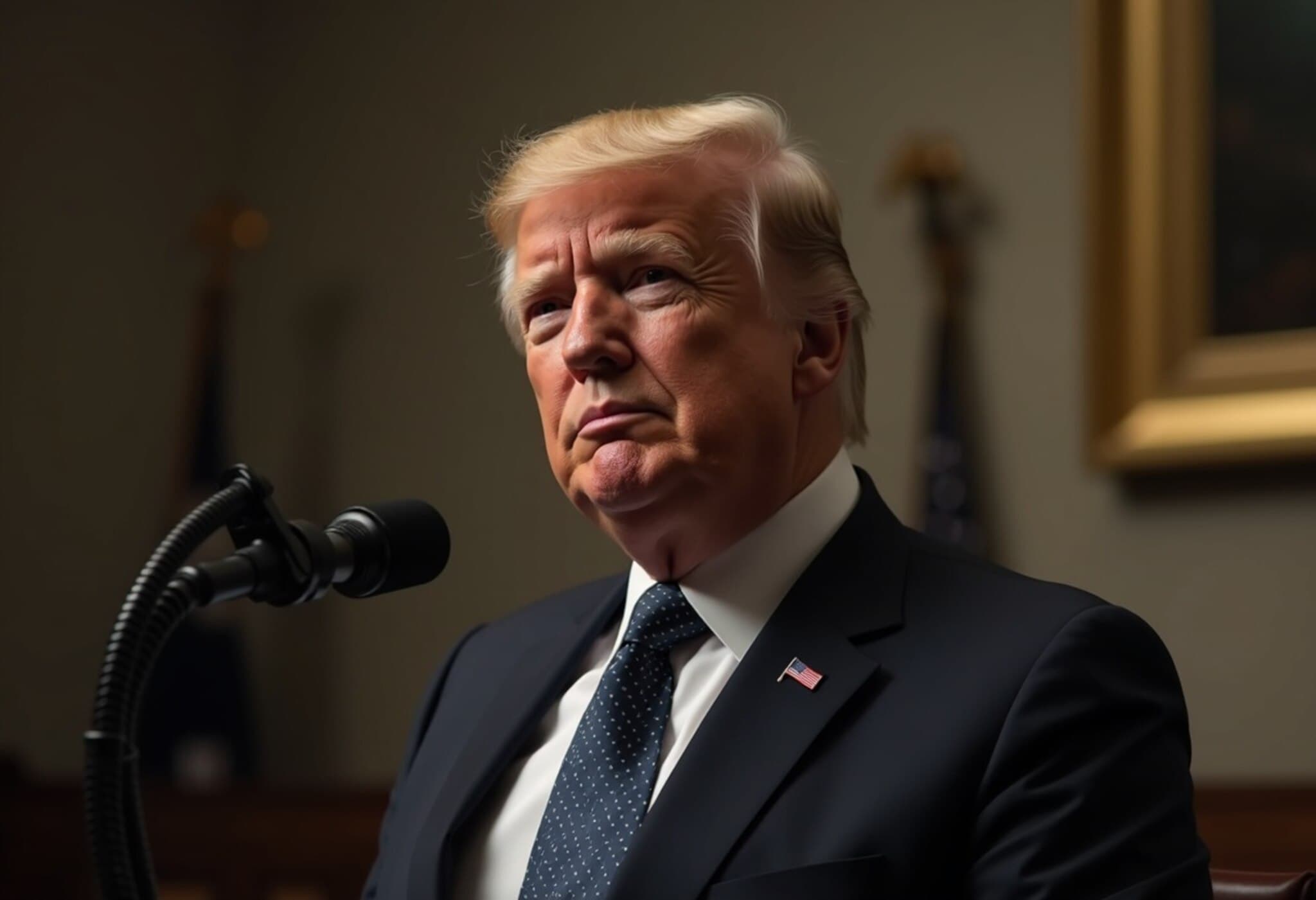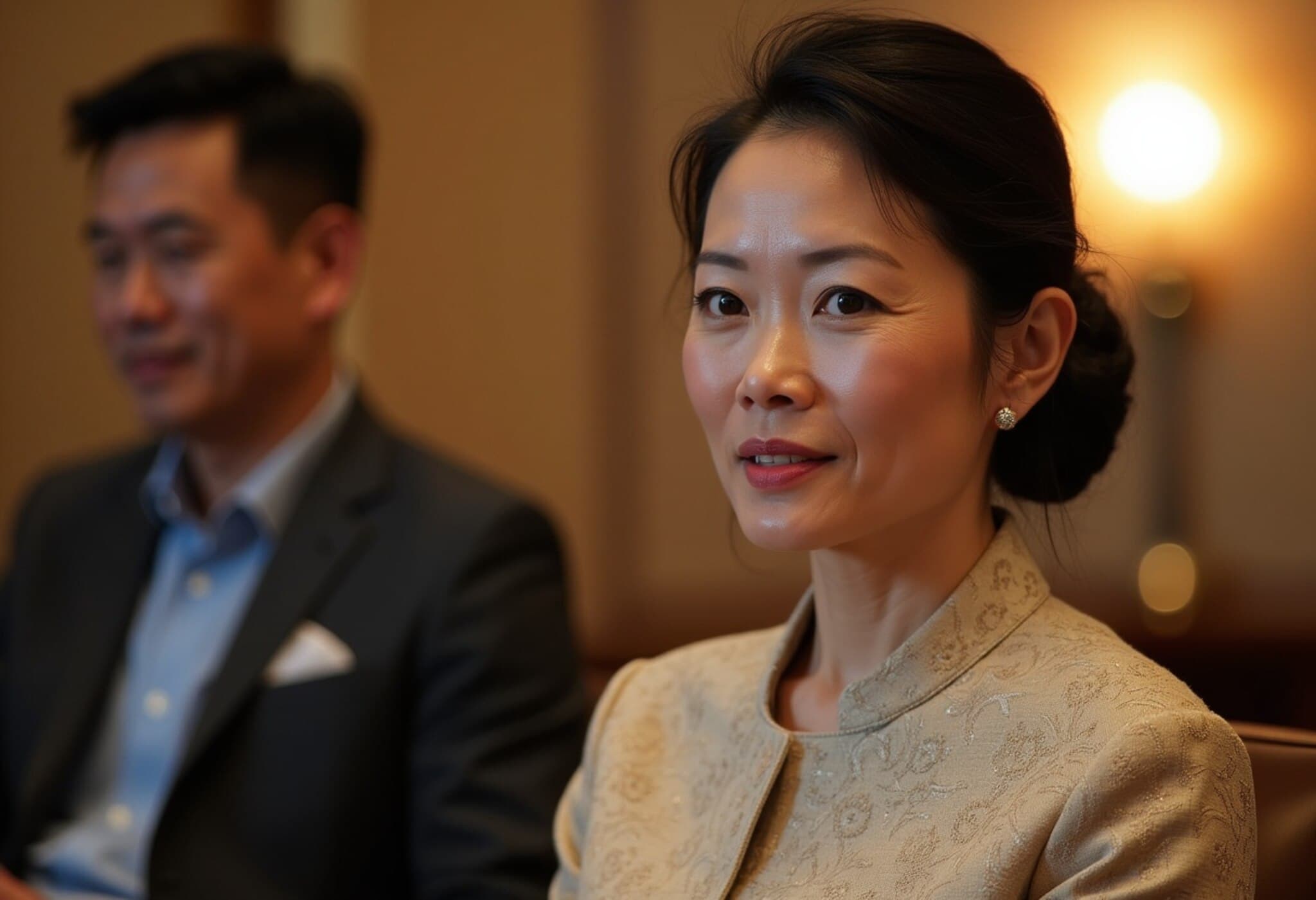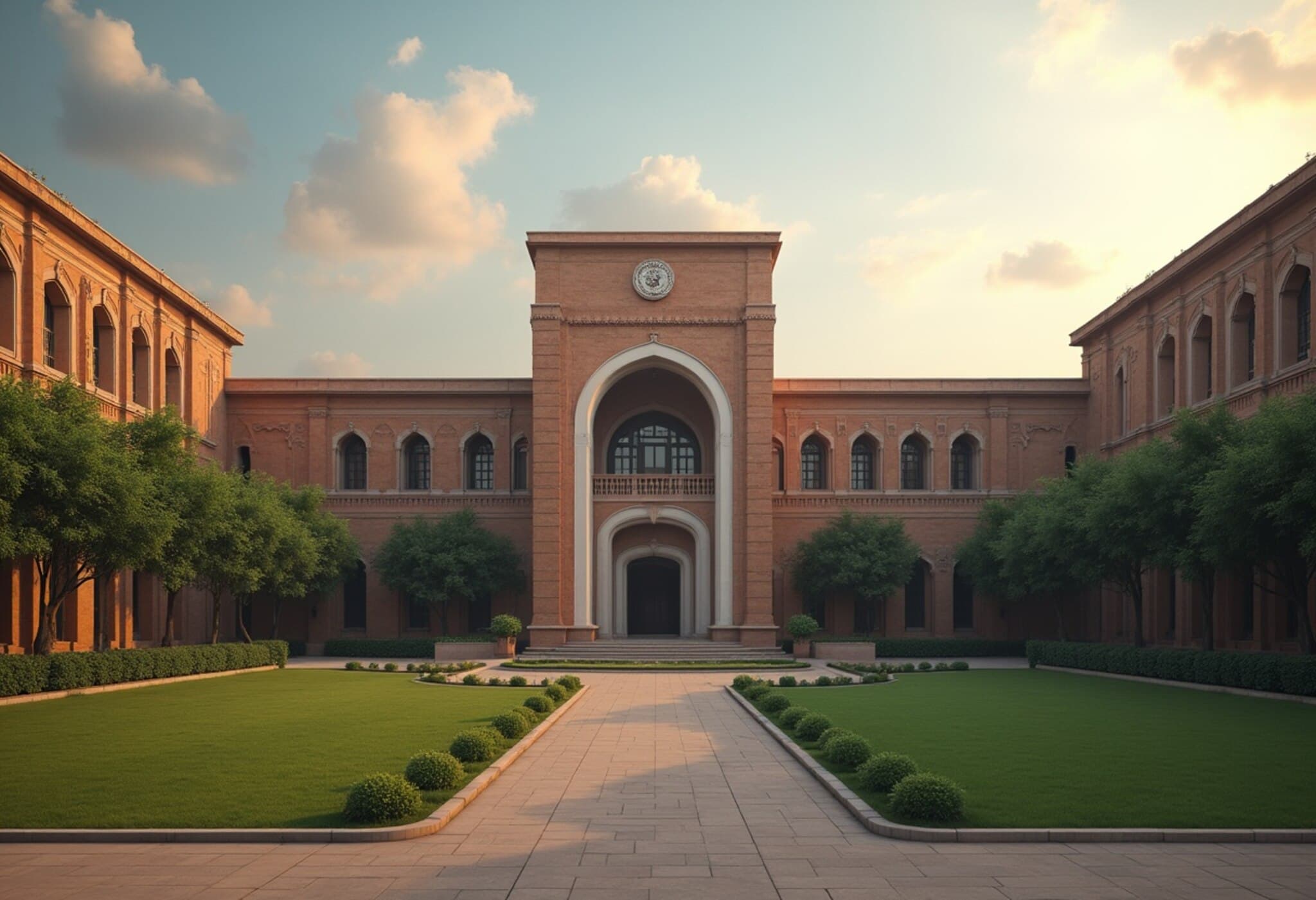Iran Appoints New IRGC Intelligence Chief After Fatal Israeli Airstrike
In the aftermath of a deadly Israeli airstrike that claimed the life of Mohammad Kazemi, the previous head of Iran’s Islamic Revolutionary Guard Corps (IRGC) Intelligence Organisation, Iran has unveiled Majid Khademi as his successor. Khademi formerly led the Intelligence Protection Organisation within Iran’s Defence Ministry.
Background of the Leadership Change
Mohammad Kazemi, along with his deputy Hassan Mohaqiq, fell victim to targeted Israeli airstrikes on June 15, a move confirmed by Israel’s Prime Minister. The attack has prompted rapid restructuring within Iran's military intelligence hierarchy.
New Military Leadership Announced by Supreme Leader
Following the loss of three senior commanders in the strikes, Supreme Leader Ayatollah Ali Khamenei issued a decree announcing a series of high-profile military appointments:
- Major General Seyyed Abdolrahim Mousavi has been named Chief of Staff of the Armed Forces.
- Major General Ali Shadmani was appointed Commander of the Khatam al-Anbiya Central Headquarters.
- Major General Mohammad Pakpour assumes the role of Commander-in-Chief of the IRGC, replacing the martyred General Salami.
In his official statement, Khamenei lauded the sacrifices of the fallen commanders, framing their deaths at the hands of what he called the "malicious Zionist regime" as honorable martyrdoms. He emphasized the necessity of bolstering both military capabilities and spiritual resilience within the IRGC’s ranks.
Strategic Vision and Military Coordination
The appointment of Major General Shadmani underscores a focus on refining strategic coordination and evaluating the combat readiness of Iranian forces in close collaboration with the General Staff. Meanwhile, Major General Pakpour's leadership is expected to maintain a balance between operational strength and ideological commitment.
Implications Amid Rising Tensions
This succession marks a pivotal moment as Iran responds decisively to increasing regional tensions and military confrontations. The swift restructuring reflects Tehran’s intent to project resilience and continuity within its defense apparatus despite significant losses.
Image caption: Iranian flags fly as smoke rises from an oil depot after Israeli strikes, symbolizing the ongoing conflict’s impact on regional security.

